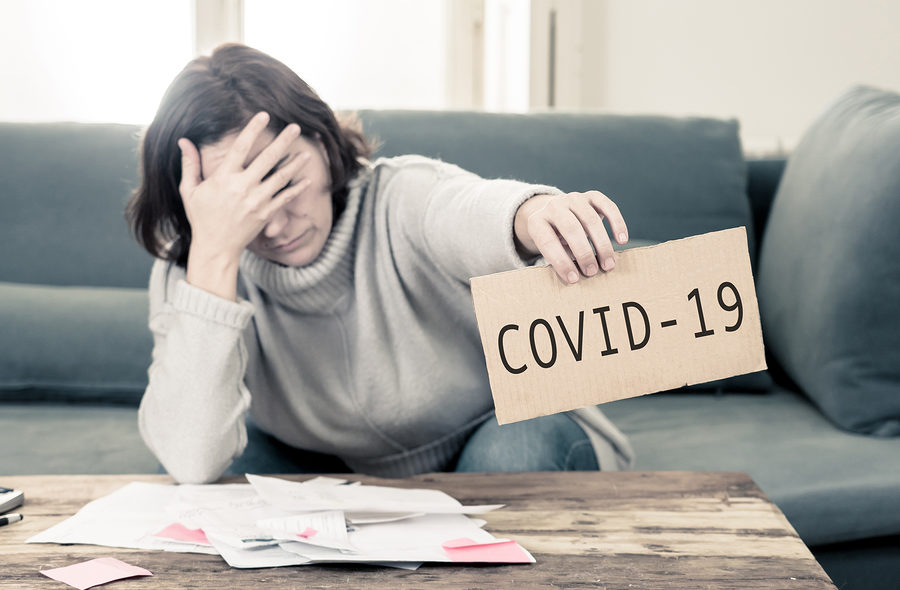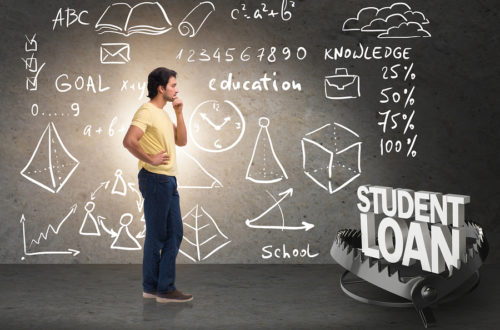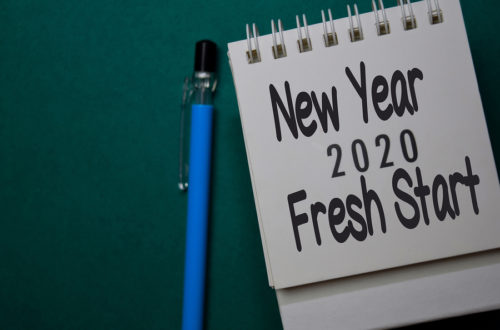The coronavirus (COVID-19) pandemic has caused countless Americans to lose their jobs. More than 30 million Americans have filed for unemployment in the wake of the outbreak. Paying for basic expenses can be difficult enough but paying down debt while unemployed can seem impossible.
However, with proper planning and by taking advantage of opportunities available during this time, it can make things a little easier. The first step is to evaluate all expenses coming out monthly and create a budget to see what payments can be made. Additionally, the Coronavirus Aid Relief and Economic Security Act (CARES) provides some relief, as well, that can make this process easier.
The CARES Act extends unemployment to people who normally would not receive benefits, including independent contractors and freelance workers. The CARES Act has also added $600 per week to normal unemployment, bringing a little more income to a person struggling financially.
See What Additional Cash Is Available
It helps to first investigate what type of cash if any is available. Not everyone has emergency funds freely available, but if someone does, this type of emergency is the exact type of circumstance where it may be acceptable to tap into them. Try not to completely drain your savings, but do not be too scared to use it if necessary.
Refinance Debt
Many times, monthly payments can be reduced by refinancing the debt involved. It never hurts to reach out to creditors to see if the interest rate on debts, including mortgages, credit cards and loans can be reduced to make monthly payments smaller. For refinancing a mortgage, the process is a little more complicated and will usually include paying closing costs at minimum. However, if the homeowner has a higher interest rate, it can pay in the end to reduce the interest rate on the mortgage.
Taking on a Home Equity Line of Credit
If the individual needs funds quickly, taking out a home equity line of credit can be a way to do this at a lower interest rate than a credit card. These types of loans can be acquired through the person’s bank and other financial institution. How these loans work is the individual uses his or her home as collateral on the loan, thus receiving a lower interest rate than a normal personal loan. However, if the person defaults later on the loan, his or her home could be at risk.
Pause Student Loans
During the pandemic, many student loan borrowers are taking advantage of the CARES Act’s provisions regarding federal student loan debt. The Act allows federal loans to be put on forbearance through September 30, 2020, to ease the burden carried by borrowers. Private lenders may also be willing to work out agreements regarding these debts, but borrowers should reach out first to the lenders to see what options are available.
Credit Card Transfers
If a consumer is struggling to make payments on multiple credit cards, it may be wise to look into transferring these balances into one credit card. By doing this, the cardholder can work on one payment instead of making the minimum monthly payments on multiple cards. Many card companies offer promotional rates or zero interest rates for a specific period of time. However, it is important that the cardholder pay off as much as possible before the promotional rate expires. Otherwise the card’s interest rate will dramatically increase at the end of that term.
Contact the Lender or Credit Card Company
One of the worst things a person can do is discontinue payments on the debt. Missing just one payment will cause serious damage to a person’s credit score. Each time a payment is missed, a report is sent to the three major credit bureaus. If you are struggling to pay on a debt, the best thing to do is contact the creditor regarding that debt. See if an arrangement can be worked out regarding payments.
Please click here to read more.
If you have questions on this topic or are in financial crisis and considering filing for bankruptcy, contact an experienced Miami bankruptcy attorney who can advise you of all of your options. As an experienced CPA as well as a proven bankruptcy lawyer, Timothy Kingcade knows how to help clients take full advantage of the bankruptcy laws to protect their assets and get successful results. Since 1996 Kingcade Garcia McMaken has been helping people from all walks of life build a better tomorrow. Our attorneys’ help thousands of people every year take advantage of their rights under bankruptcy protection to restart, rebuild and recover. The day you hire our firm, we will contact your creditors to stop the harassment. You can also find useful consumer information on the Kingcade Garcia McMaken website at www.miamibankruptcy.com.



